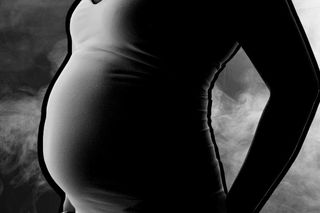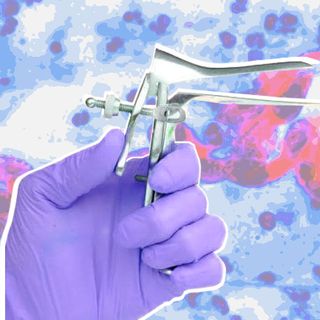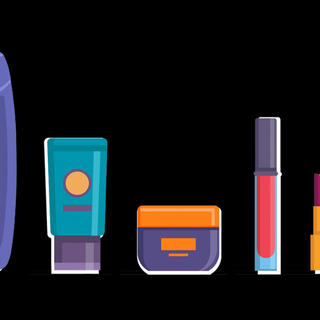
There Might Be Soot in Your Placenta
Researchers are uncovering how air pollution reaches babies before they’re born.

A new study has confirmed the worst nightmares we never knew we had: There’s soot, from air pollution, in pregnant women’s placentas. It’s the latest in a string of evidence that air pollution can affect fetal development even with exposure to pollution levels lower than recommended annual limits.
Researchers presenting at the European Respiratory Society International Congress last week conclude that tiny particles of carbon, the kind of pollution that results from the burning of fossil fuels, are being conveyed during pregnancy from women’s lungs to their placentas via the blood stream.
While the study did not investigate whether the particles reached the developing fetus through the protective tissue, “our evidence suggests that this is indeed possible,” says Dr Norrice Liu, a paediatrician and clinical research fellow at Queen Mary University of London, UK. “We also know that the particles do not need to get into the baby’s body to have an adverse effect, because if they have an effect on the placenta, this will have a direct impact on the fetus.”
Air pollution has been linked to a host of health problems in recent years, from premature deaths in adults, to cognitive delays in kids, to asthma in both. It’s also been specifically linked to problems in newborns, such as premature birth, low birth weight, and childhood respiratory problems. The findings of this study start to uncover why and how air pollution affects pregnancy and fetal development.
The study itself was small — researchers took placental samples from only five pregnant women, all living in London, all non-smokers with an uncomplicated pregnancy, and all who ultimately gave birth to a healthy baby. But nevertheless, the findings are being taken seriously be experts in the field, who are calling for more research as well as policy changes around so-called safe air pollution levels.
“This new research suggests a possible mechanism of how babies are affected by pollution while being theoretically protected in the womb,” says Mina Gaga, president of the European Respiratory Society, and medical director and head of the Respiratory Department of Athens Chest Hospital, Greece. Gaga was not involved in the study. “This should raise awareness amongst clinicians and the public regarding the harmful effects of air pollution in pregnant women. We need stricter policies for cleaner air to reduce the impact of pollution on health worldwide because we are already seeing a new population of young adults with health issues.”
Related


We Surveyed 1100 Women. 75% Say Their Gynacs Haven’t Discussed HPV or Pap Smears With Them.
